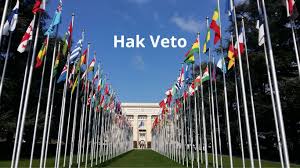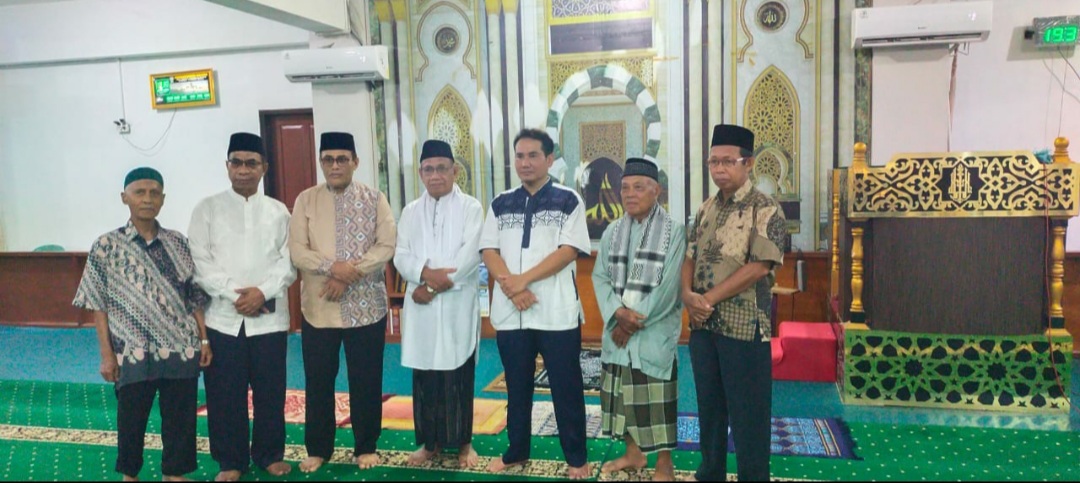Jakarta – seputar indonesia.co.id – The right of veto should be abolished for the sake of equality as a basic principle in law, especially from the perspective of justice, democracy, and the supremacy of international law. This is certainly not that simple, as it is highly complex and involves aspects of politics, law, history, and international relations, Saturday (27/9/2025).
There are fundamental reasons why the right of veto needs to be abolished :
– Violates the Principle of Equality of States
– Under international law, all nations in principle have sovereign equality. However, with the veto power held by only five permanent members of the UN Security Council (the US, UK, France, Russia, and China), this principle is systematically violated.
– Obstructing Decisions for Justice and Peace. Many urgent resolutions, such as those to stop military aggression or human rights violations, are blocked simply because one of the veto-holding countries feels it is in their best interest. Examples include vetoes that hinder the resolution of the Palestine-Israel conflict, Syria, or Ukraine.
– Inheriting Historical Injustice. The veto power is a legacy of World War II, when the victorious nation was given privileges. Yet the world has changed. Developing nations like India, Brazil, South Africa, and others now play a significant role but still lack comparable power.
– Undemocratic. A single country can overturn a majority vote in the Security Council. This contradicts the principles of global democracy and fair representation.
However, there are several challenges to eliminating the veto power, namely :
– Amending the UN Charter is very difficult. Eliminating the veto power would require amending the UN Charter, which can only be done if all veto-holders agree. Therefore, this is highly unrealistic.
– The veto serves as a guarantee of political security. Countries holding veto power view the power as protecting their strategic interests. Without the veto, they might withdraw from the UN or weaken the institution.
– The veto can prevent unilateral decisions. In some cases, the veto can be used to prevent hasty decisions or be exploited by the majority to oppress the minority.
To this end, there are possible alternatives, namely :
– Reforming the Veto System, for example, allowing a veto to only be exercised if supported by two or more permanent members, or limiting the use of the veto to cases of gross human rights violations.
– Expanding the Permanent Membership of the Security Council, thus granting permanent seats without veto power to developing countries.
– Strengthening other international institutions, such as the International Court of Justice, so that they are not always dependent on the Security Council.
Thus, the veto power is morally and in accordance with international legal principles contrary to equality. In a world that prioritizes global justice and international democracy, the existence of the veto power is difficult to justify. However, eliminating it is a major political challenge. Therefore, gradual reform may be more realistic than total abolition in the short term. Hopefully, this is helpful.
(Red)









